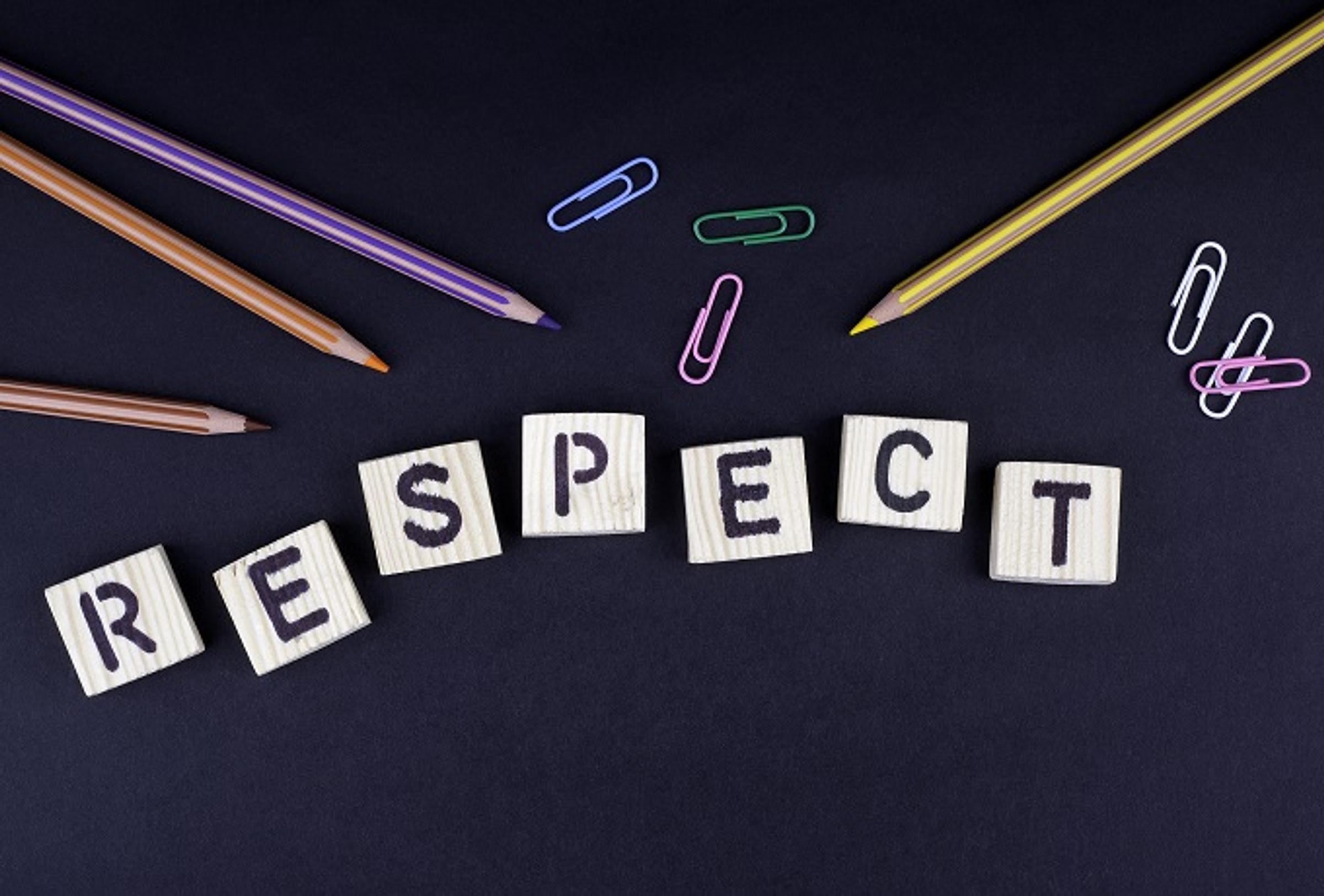Consent and Online Safety

Talking to your child about consent and online safety
Parents and caregivers play a primary role in teaching children to treat others with respect and to set those expectations. Young people need the skills to build safe and healthy relationships with their family, friends, peers and others, in all aspects of their lives.
While schools play an important role, parents and carers need to model respectful relationships to support young people and address issues of sexual assault or consent. As a society we have evolved into a technological age where largely communication between young people occurs online. The online world opens up a significant risk for young people and statistically 1 in 3 young people aged between 14-17 engage in sexually intimate conversations online, including the sharing of intimate images. ‘Sexting’, as it is commonly known amongst young people is the sharing of a nude or a naked selfie, it is the sharing of a sexually explicit picture or video via mobile phones, instant messaging apps, and/or social media sites.
As a school we have recently spoken to Ballarat Police around concerns relating to the increased number of students engaging in sexually intimate conversations (sexting) and unfortunately an increase in the number of reports to police locally relating to young people having their intimate images shared without their consent. We discussed the supports and education in place for our students through the Respectful Relationships curriculum as well as more specific consent education that will commence with students. During this conversation Ballarat Police shared with us the law relating to sexting and we wanted to share this with parents and carers.
Sexting and the distribution of intimate images is classed as an ‘indictable offence’ which means that young people can be charged by police with a criminal offence. We wanted to ensure that parents had this information to communicate with their child as appropriate.
Possible offences that a young person can be charged with include:
Distribute Intimate Image
- If someone sends you a naked image of themselves and you send it to another person, YOU ARE committing an offence
Distribute Child Abuse Material (Child Pornography)
- Send a naked image of a person under 18 to another person via snapchat, Facebook, text message ect
- Upload to social media
Possess Child Abuse Material (Child Pornography)
- Keep a naked image of a person under 18 on your phone, store it to your device
Produce Child Abuse Material (Child Pornography)
- Request someone under the age of 18 to send an intimate image
We wanted to ensure that parents and carers were aware of this information so that you can continue to communicate with your child the risks related to sending and receiving intimate images from other young people.
There are a number of resources available on our school TV site https://ballaraths.vic.schooltv.me/newsletter-resources/76/45 that can support parents and carers to continue to have conversations around consent, sexting and online safety with your child. As well as resources that you can share with your child to further their own knowledge of the risks associated with sexting and online relationships. We also encourage you to reach out to the school if you believe your child requires additional support in relation to any concerns related to sexting, online safety and consent.
